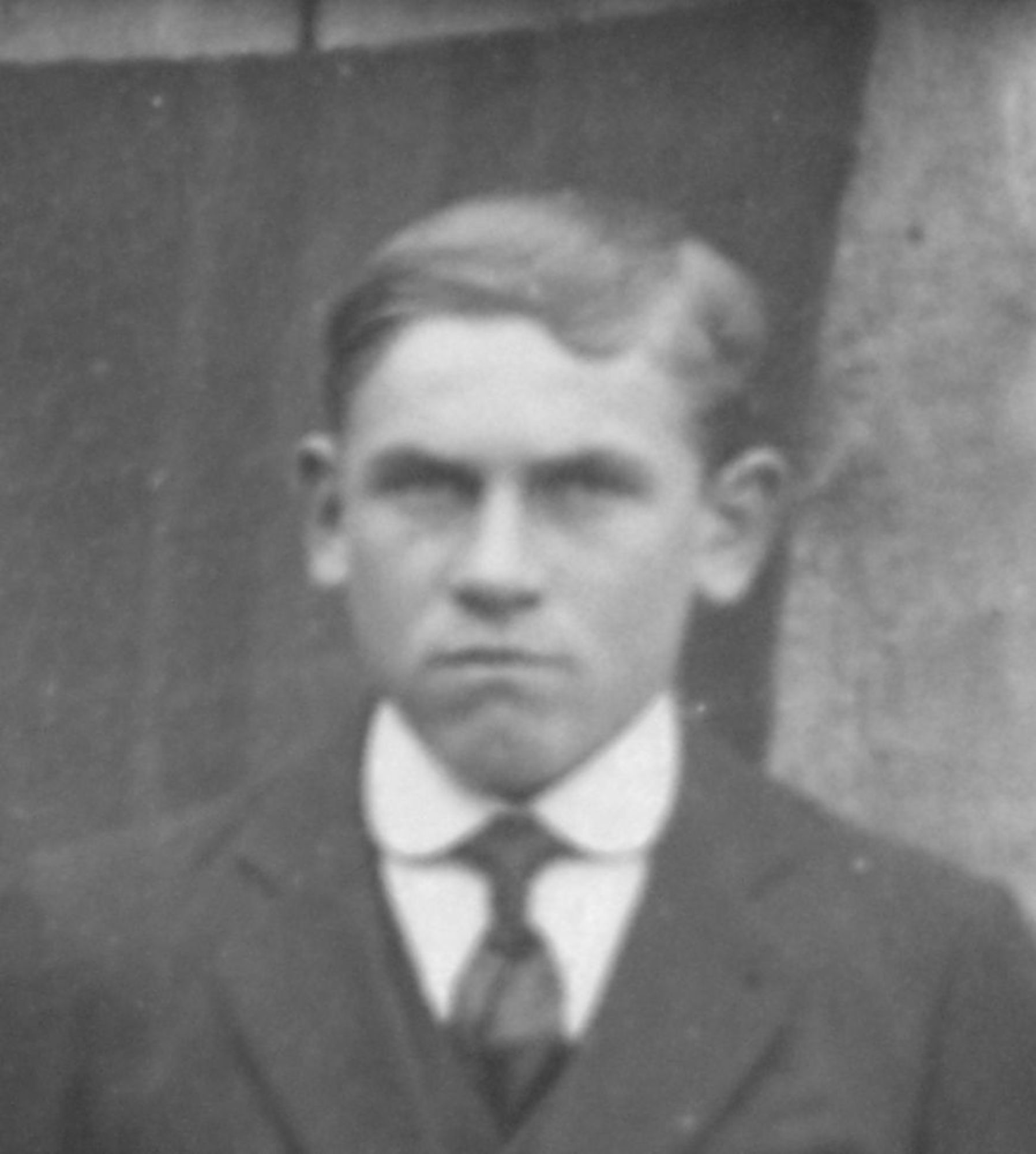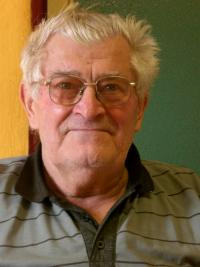The Ukrainian nationalists raged at night, the Russians during the day and the rest in the evening

Download image
Josef Srkal comes from a Czech evangelical family that had been settled for several generations in Volhynia. He was born in 1932, in Moštěnice, district of Ostrog, Rovno region. His father worked as a tailor and his mother - a seamstress - raised a total of eight children. At the beginning of the Second World War, Moštěnice and the western part of Volhynia (since 1921 part of Poland) was occupied by the Soviet Union. The father of Mr. Srkal was mobilized into the Red Army, but being a pacifist, he deserted and went into hiding at home for the rest of the war. In the course of the war, the village was visited by the Soviet-German front, it was ransacked by units of the Wehrmacht and later by the Ukrainian nationalists. Josef Srkal witnessed a series of atrocities committed during the Second World War. In 1947, he came with his family to Czechoslovakia. He became a farmer in Kašovice and later in Podbořany. Mr. Josef Srkal nowadays lives in Siřem.

